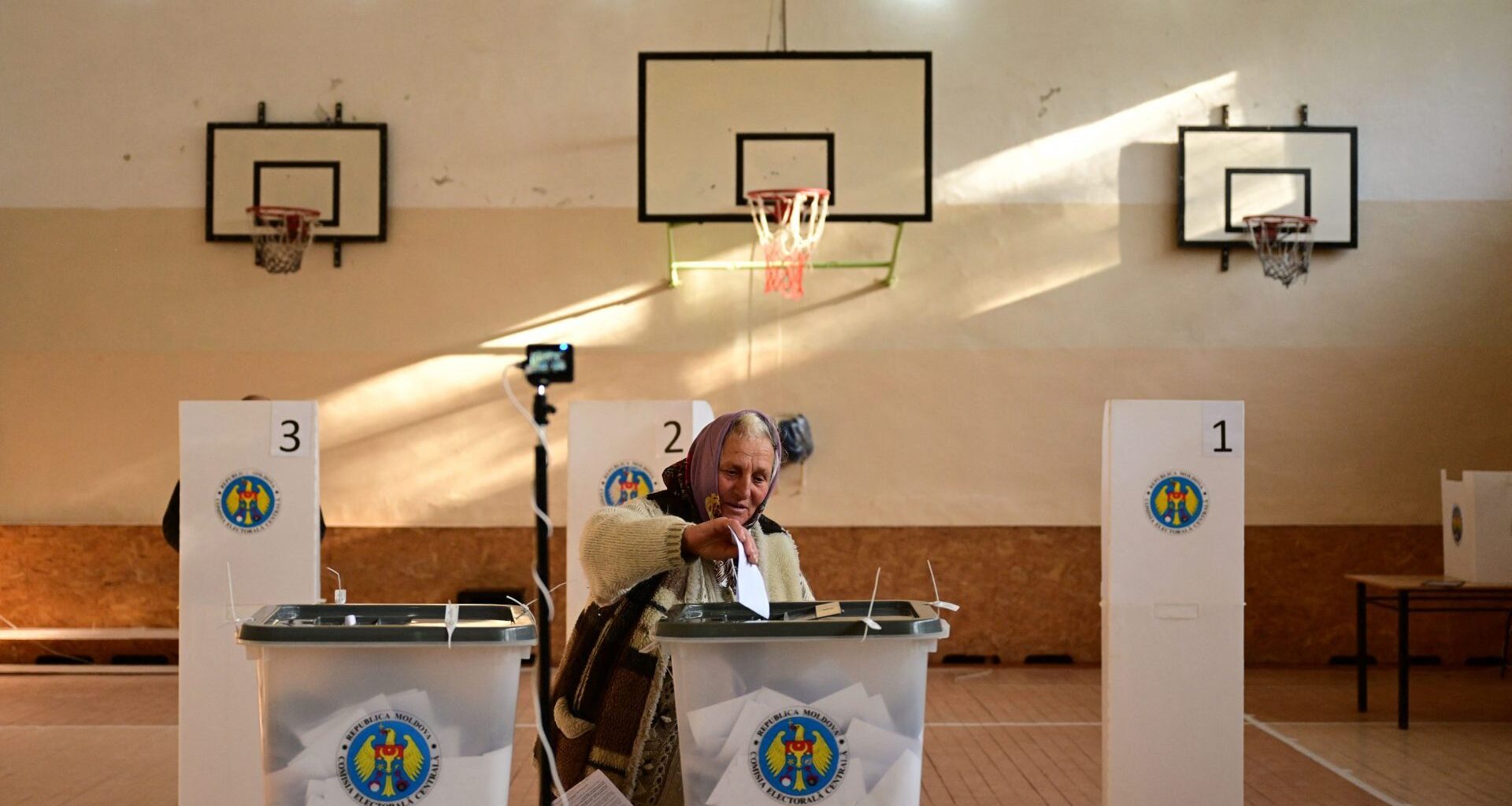Moldova, Europe’s poorest country, has done tremendous reform work in recent years to get out from under Russian influence and move closer to Europe. The presidential elections and EU referendum, held jointly on October 20, are a huge part of that. Moldova voted to join the EU.
Moldova was granted EU candidate status in June 2022, and has been in accession negotiations since December 2023. But the country’s economic situation remains unstable, which is partly due to Russian actions restricting gas and electricity supplies from Transnistria, the separatist Moscow-controlled region within Moldova.
There is a substantial corruption problem in the country, and pro-Russian elements within Moldova have succeeded in blocking political and economic reform.
A record eleven candidates registered for this year’s presidential election. The incumbent president Mai Sandu was the pro-western candidate, whereas most of the others were pro-Russian. The key opposition contenders were Alexandr Stoianoglo, the deposed prosecutor general who was supported by the pro-Russian Socialist Party of the Republic of Moldova, and Renato Usatii, a businessman and former mayor of Bălți.
The pre-election polls showed support for Sandu at 35.8%, for Stoianoglo on 9%, and Usati at 6.4%. Analysts pointed out that Sandu’s poll results seemed low as they did not include the Moldovan diaspora, which is pro-European. During the 2020 presidential election, 93% of expat Moldovans voted for Sandu.
This time, when the votes were counted, Sandu won with 42.4%, while Stoianoglo came second with 25.9%. This means that the two will meet in the second round of voting scheduled for 3 November. Stoianoglo’s result is far beyond all expectations – if he’s endorsed by only a few of the early drop-outs he could beat Sandu in the second round.
As for the EU referendum, the expected result changed several times during the count, and it look ed at one point as if Moldova would vote No. But in the end, Moldovans voted in favor of EU membership, by 50.46% to 49.54%.
Long before the elections, there were allegations of Russian interference. According to the Moldovan police, Russian services conducted an intensive disinformation campaign aimed at manipulating public opinion and creating a false image of what European integration would mean.
The attention of the authorities soon focused on large-scale transfers of money – Russian operatives transferred $15m to the bank accounts of 130,000 Moldovans to persuade them to vote against European integration. These actions are part of a broader Russian strategy to influence the political future of this post-Soviet country. Moldovan intelligence services suspect that Russia may have transferred as much as $100m to disrupt the electoral process in Moldova.
Russia has a history of interfering in political processes in various countries, including spreading disinformation during elections in the US and Europe. In the case of Moldova, however, Russia is acting openly and with exceptional aggression.
The harsh truth is that the election result and the EU referendum were both bad news for Moldova’s pro-western politicians. They are already struggling with broad disappointment and the lack of internal reforms. The country is also affected by the ongoing Russian war in neighboring Ukraine, and has taken in a large number of refugees.
These two votes are a test of strength before next year’s parliamentary elections, in which the pro-European and pro-Western ruling Action and Solidarity Party (PAS) will once more face the pro-Russian parties. Sandu’s weak presidential result and the narrow majority of supporters for European integration will have emboldened Moldova’s pro-Russia groups. The pro-EU vote was welcome, but Moscow will not be so easily rejected.
Lukasz Wojdyga is Director of the Centre for Strategic Studies at the Warsaw Enterprise Institute
